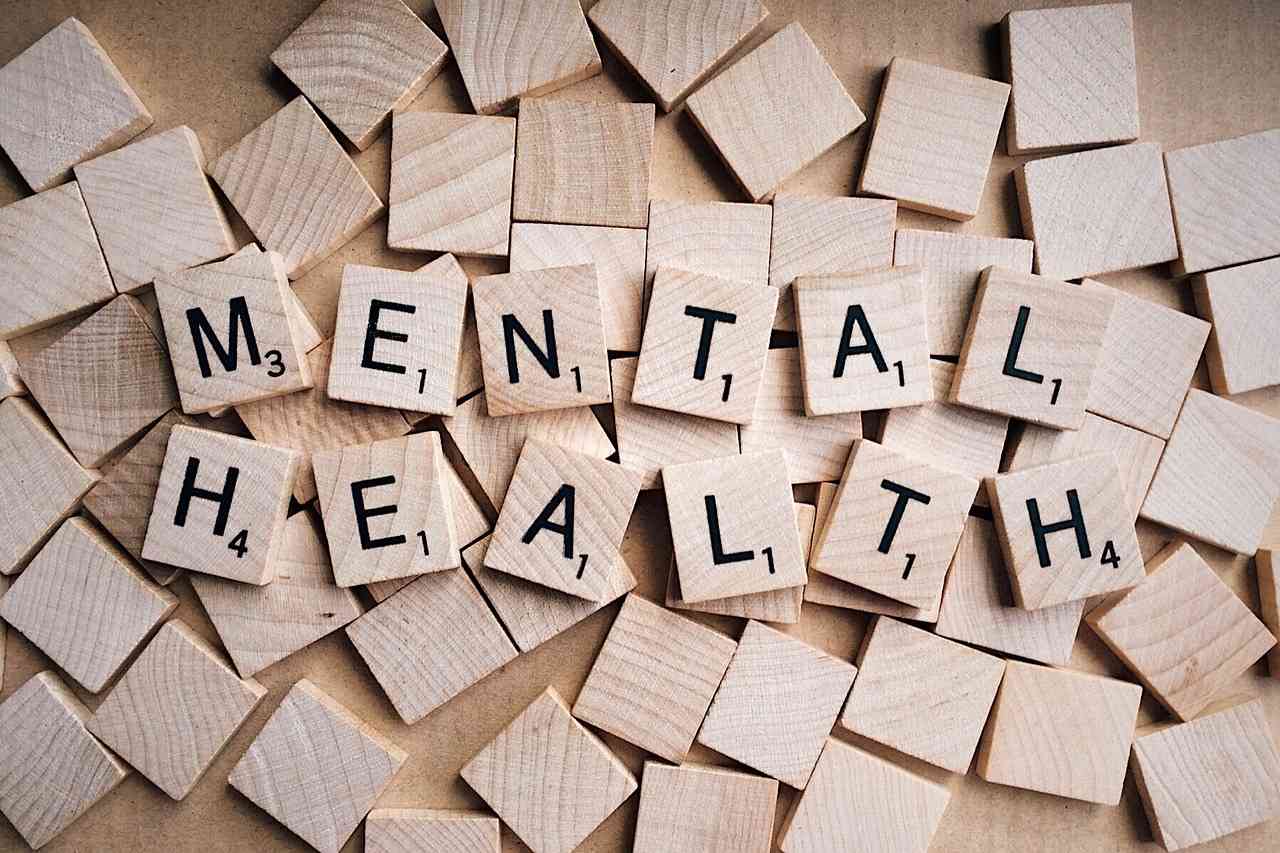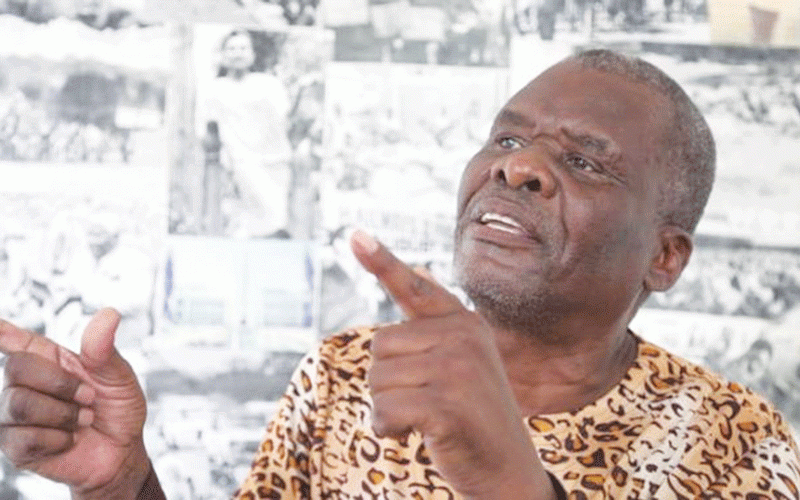
In a society where masculinity is often synonymous with stoicism and emotional resilience, Zimbabwean men face a unique set of challenges when it comes to mental health.
The cultural expectation to be "strong" and the stigma associated with expressing vulnerability can prevent many men from seeking help or even acknowledging their life struggles.
In this context, art emerges as a powerful medium to visualise and communicate the often-hidden emotional struggles of men.
June is the month when we put focus on the issues that orient to the mental health of men, which remains an issue that is problematic.
It remains imperative that we discuss the centrality of the issues that relate to the mental health of men especially looking at how the precedence of suicide and depression have remained recurrent.
The many local discourses have focused on women and the girl child empowerment which in a great many cases overlooks the everyday struggles that men face.
In Zimbabwe, traditional views of masculinity emphasize strength, control, and emotional restraint.
Men are often expected to be the primary breadwinners and protectors, which are roles that come with immense pressure.
- Mavhunga puts DeMbare into Chibuku quarterfinals
- Bulls to charge into Zimbabwe gold stocks
- Ndiraya concerned as goals dry up
- Letters: How solar power is transforming African farms
Keep Reading
Expressing emotions, especially those related to mental health struggles such as anxiety or depression, is frequently seen as a sign of weakness.
This cultural backdrop makes it difficult for many men to open up about their mental health issues, leading to a silent crisis that art can help address.
In my creative journey I have seen art as a catalyst for change in influencing differential approaches when it comes to addressing the issues of the mental health of men.
Artists in Zimbabwe are increasingly recognising their role in challenging these cultural norms and fostering a more open dialogue about men’s mental health.
Through various forms of visual art, they are creating powerful narratives that depict the emotional struggles of men, thereby encouraging viewers to reflect on their own experiences and attitudes.
One poignant example is the work of Tafadzwa Gwetai, a Zimbabwean artist known for his emotive portraits.
Gwetai's series "Hidden Tears" captures the raw emotions of men who have experienced significant mental health challenges.
Through his detailed and expressive paintings, Gwetai reveals the pain, fear, and vulnerability that often remains hidden behind a façade of strength. His work not only humanises these struggles but also invites empathy and understanding from the audience.
Street art is another medium through which artists are bringing attention to men’s mental health. In Harare, murals by artists like Leeroy Spinx and Chiko One depict men in moments of quiet reflection, grappling with their inner demons.
These public installations are strategically placed in busy urban areas, ensuring that the message reaches a broad audience. By bringing these images into everyday spaces, these artists challenge the public to reconsider their perceptions of masculinity and vulnerability.
Interactive art exhibitions and workshops also play a crucial role in this movement. The "Breaking the Silence" exhibition held in Bulawayo featured not only visual art but also interactive installations where men could anonymously share their stories and struggles.
This exhibition aimed to create a safe space for men to express themselves and to start conversations about mental health. Workshops accompanying the exhibition provided tools for emotional expression and coping strategies, facilitated by mental health professionals.
In the digital age, social media platforms have become powerful tools for artists to reach wider audiences. Digital artist Nyasha Chikonye uses platforms like Instagram to share her digital art pieces that explore themes of mental health and masculinity.
Her work often incorporates symbolic elements that resonate with the struggles faced by many Zimbabwean men, such as the weight of societal expectations and the isolation of emotional distress.
By leveraging social media, Chikonye can engage with her audience in real-time, creating a virtual community of support and dialogue.
Physical activity is a proven method to boost mental health. Initiatives like Men’s Sheds in Australia combine woodworking and other manual crafts with physical exercise to promote well-being.
Additionally, sports programs that emphasize teamwork and camaraderie, such as community football or running clubs, provide men with a healthy outlet for stress and an opportunity to build supportive relationships.
Programmes that encourage men to engage with nature, such as hiking, camping, and gardening, have been shown to improve mental health.
The concept of Ecotherapy involves activities that connect individuals with nature, reducing stress and promoting a sense of calm. These outdoor activities can be particularly effective in providing a mental reset and fostering mindfulness.
Businesses are increasingly recognising the importance of mental health support for their employees..
Companies can implement programs like Employee Assistance Programmes, mental health days, and on-site counseling services to support men’s mental health.
Workshops and seminars on stress management, resilience, and work-life balance can also be beneficial.
Art has the unique ability to transcend cultural barriers and speak to the human experience in a profound and impactful way.
In Zimbabwe, where traditional notions of masculinity can hinder open discussions about mental health, artists are using their craft to visualise vulnerability and foster a culture of empathy and understanding.
Through portraits, street art, exhibitions, and digital platforms, artists are challenging stereotypes and encouraging men to embrace their emotional struggles as a natural and important aspect of their humanity.
As the conversation around men’s mental health continues to evolve, the role of art in this dialogue will undoubtedly remain crucial, offering a powerful medium for healing and change.
Raymond Millagre Langa is a musician, poet, orator, independent researcher and founder of Indebo edutainment Trust. You can follow him on Facebook @Millagre Ray Langa, on X you can follow on #Millagre Langa, email. millagrepapito@gmail.com or indebotrust@gmail.com










